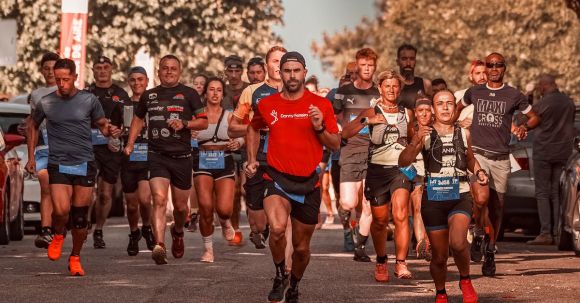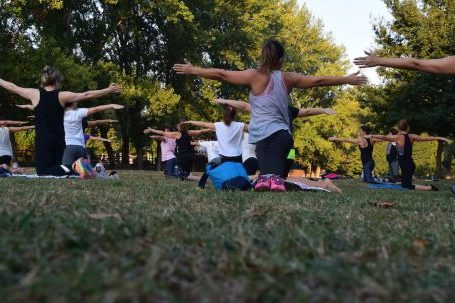Sports-specific training is a crucial aspect of becoming a top athlete in any sport. It involves tailoring your training routine to focus on the specific demands and skills required in your chosen sport. By incorporating sports-specific training into your regimen, you can enhance your performance, reduce the risk of injury, and take your game to the next level. In this article, we will explore the importance of sports-specific training and provide tips on how to incorporate it into your training routine.
Understanding the Importance of Sports-Specific Training
Sports-specific training is designed to mimic the movements, skills, and physical demands of your sport. By training in a way that closely replicates the actions and requirements of your sport, you can improve your performance in a more targeted and effective manner. This type of training helps to develop the specific muscles, movement patterns, and energy systems needed to excel in your game.
Benefits of Sports-Specific Training
1. Enhanced Performance: Sports-specific training allows you to focus on the skills and movements that are most important for your sport. By dedicating time to these specific areas, you can improve your technique, speed, agility, and overall performance.
2. Reduced Injury Risk: By training in a way that mimics the movements and demands of your sport, you can strengthen the muscles, tendons, and ligaments that are most susceptible to injury. This type of training also helps to improve balance and proprioception, which can further reduce the risk of injury.
3. Improved Mental Toughness: Sports-specific training often involves high-intensity drills that push you to your limits. By consistently pushing yourself in training, you can develop mental toughness and the ability to perform under pressure.
Tips for Incorporating Sports-Specific Training
1. Analyze Your Sport: Take the time to analyze the specific movements, skills, and physical demands of your sport. Identify the areas where you need improvement and focus your training on those aspects.
2. Design a Targeted Training Plan: Once you have identified the areas for improvement, design a training plan that targets those specific areas. Incorporate exercises and drills that closely mimic the movements and demands of your sport.
3. Work on Sport-Specific Skills: Dedicate time to practicing the skills that are essential for your sport. Whether it’s shooting, passing, dribbling, or tackling, focus on perfecting these skills through repetition and targeted drills.
4. Include Strength and Conditioning Exercises: In addition to sport-specific skills, it is important to incorporate strength and conditioning exercises into your training routine. Focus on exercises that target the muscles and energy systems used in your sport.
5. Train in Game-Like Conditions: To further enhance sports-specific training, try to replicate game-like conditions as much as possible. This could involve practicing on the same surface, using the same equipment, or simulating game situations during training.
6. Seek Professional Guidance: Consider working with a sports coach or trainer who specializes in your sport. They can provide expert guidance, personalized training plans, and valuable feedback to help you excel in your game.
Conclusion: Take Your Game to the Next Level
Sports-specific training is a game-changer for athletes looking to excel in their chosen sport. By focusing on the specific skills, movements, and physical demands of your sport, you can enhance your performance, reduce the risk of injury, and reach new heights in your game. Incorporate these tips into your training routine and watch as you excel in your sport like never before.





